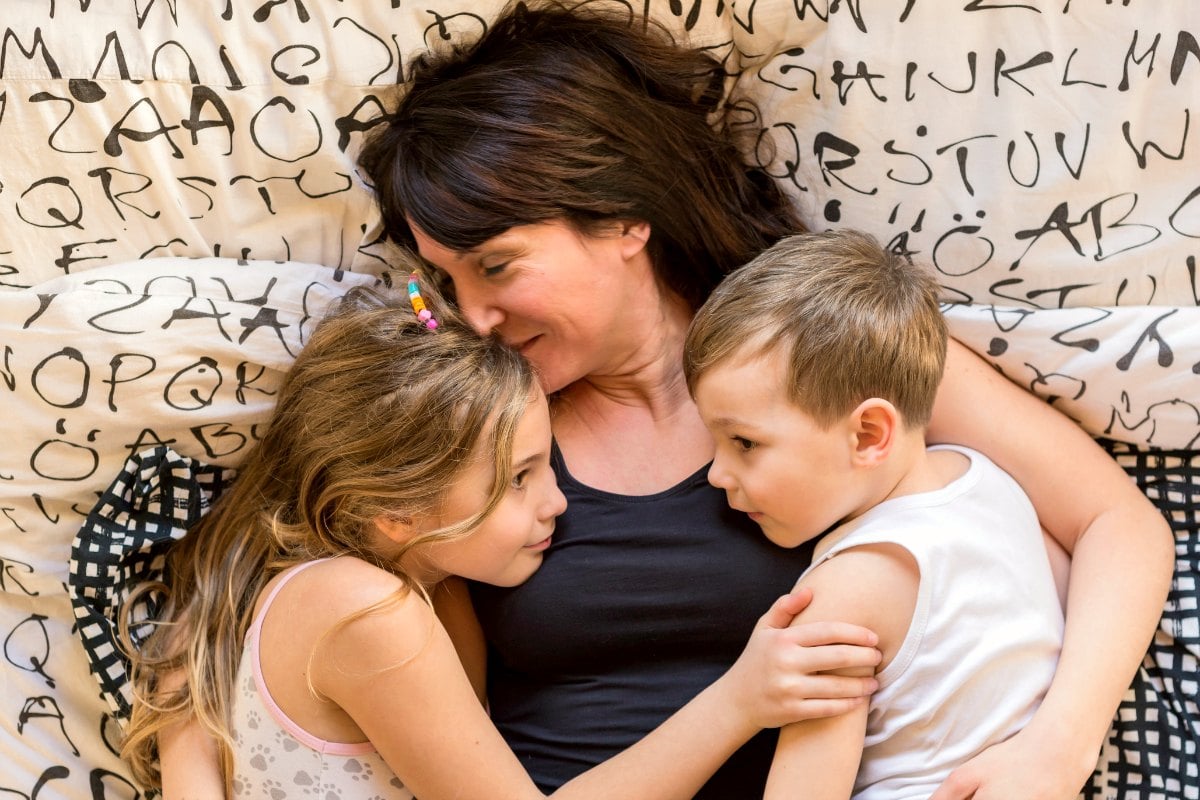
Sheri Madigan, University of Calgary and Jennifer Jenkins, University of Toronto
Many siblings, when they get together as adults, joke about which child was loved the most. But is it really a joke or is there an edge of truth that still rankles us?
In one study, researchers asked adults whether their mum played favourites when they were kids. Close to 85 per cent of respondents perceived that she did.
But surely once we move out of the nest, our annoyance regarding sibling favouritism subsides? Not so. Upset from perceived favouritism appears to be long-lasting.
It is likely that we will fret long into adulthood over why a particular sibling got a better deal than we did.
Mums confess… the time I was a bad mum.
Is sibling favouritism real, or perceived?
It turns out parents do behave differently with their children and, of course, children have their different thresholds for noticing these differences.
Researchers have studied favouritism both by observing children as they interact with their parents and by asking children and their parents to report on their interactions. How often do the parent and child laugh or play together? How often do they fight or argue?





























































































